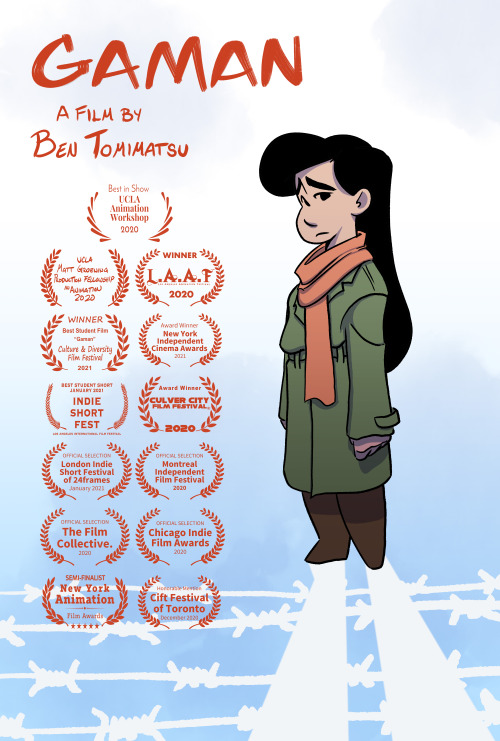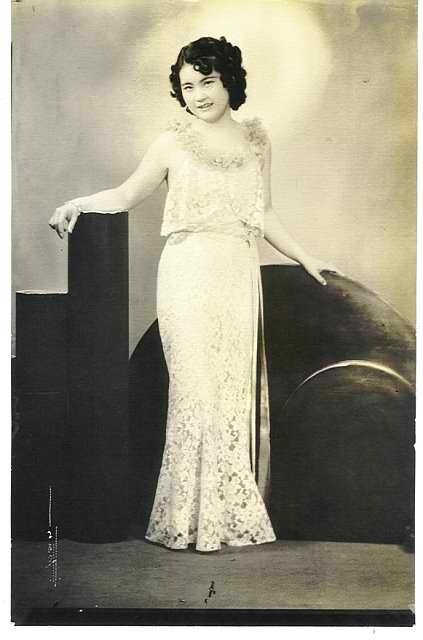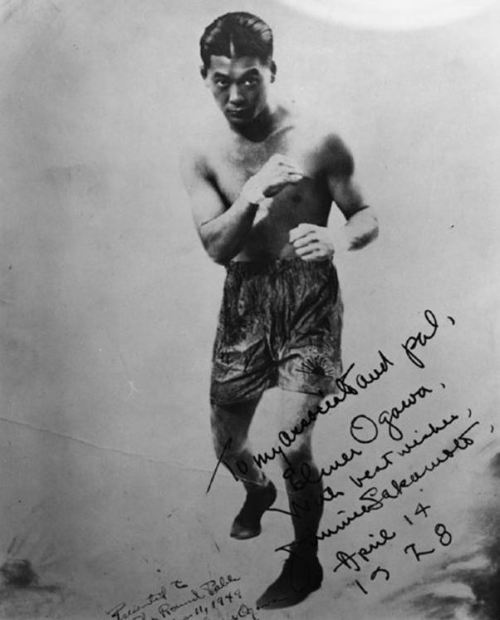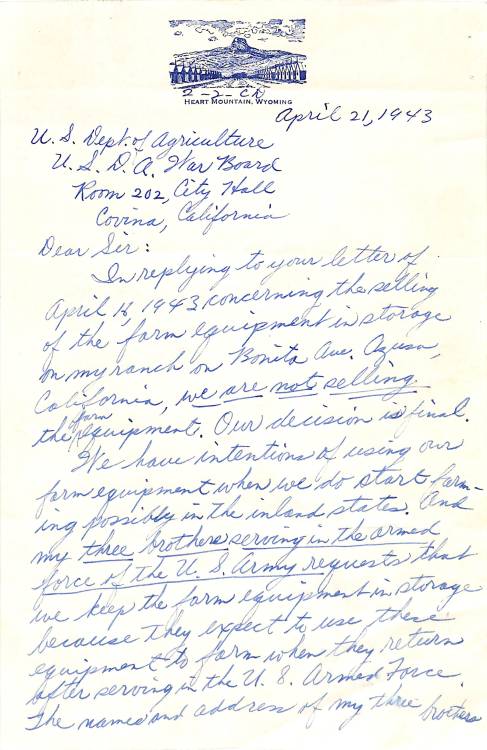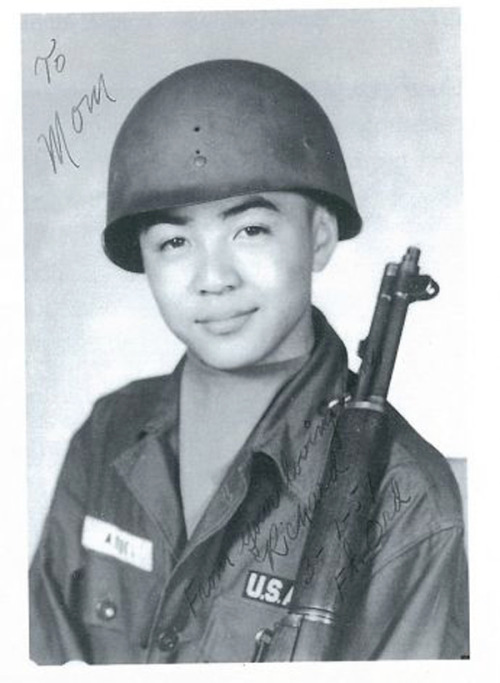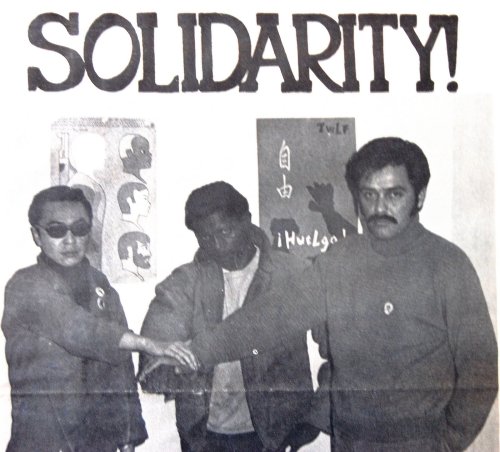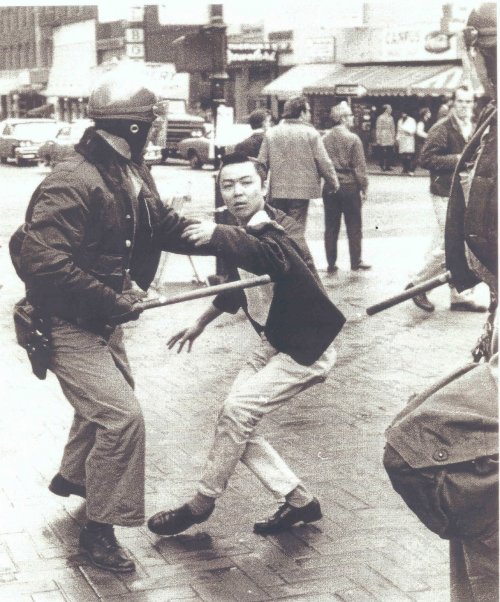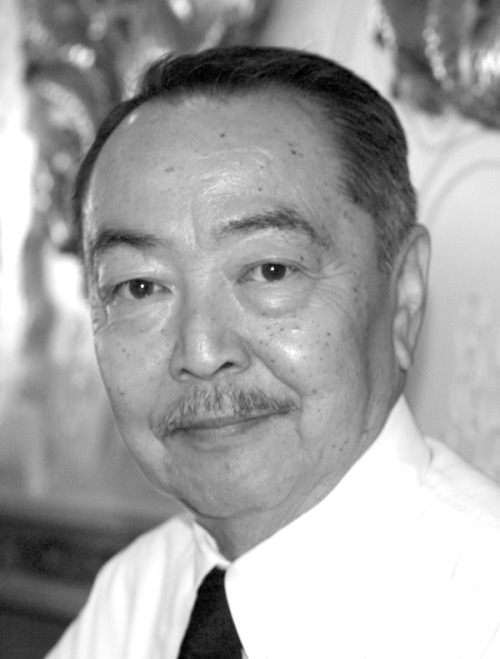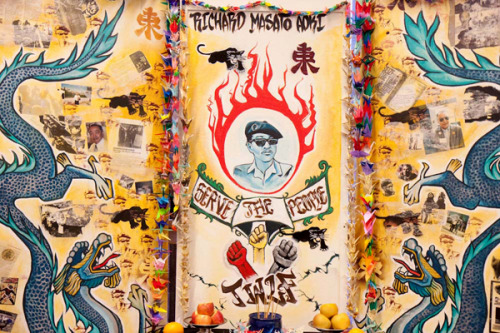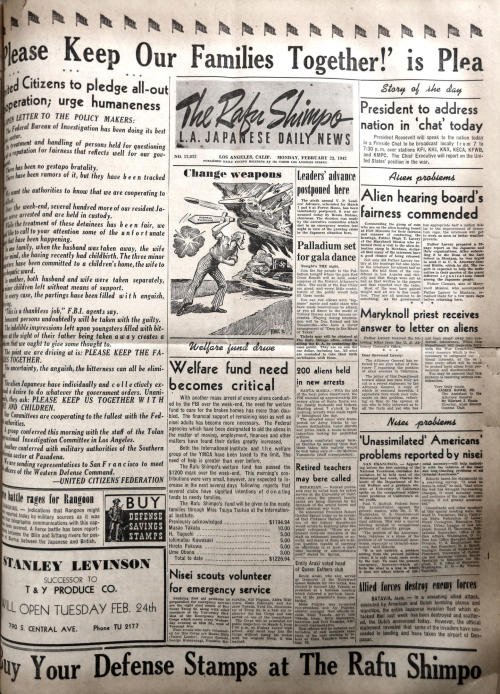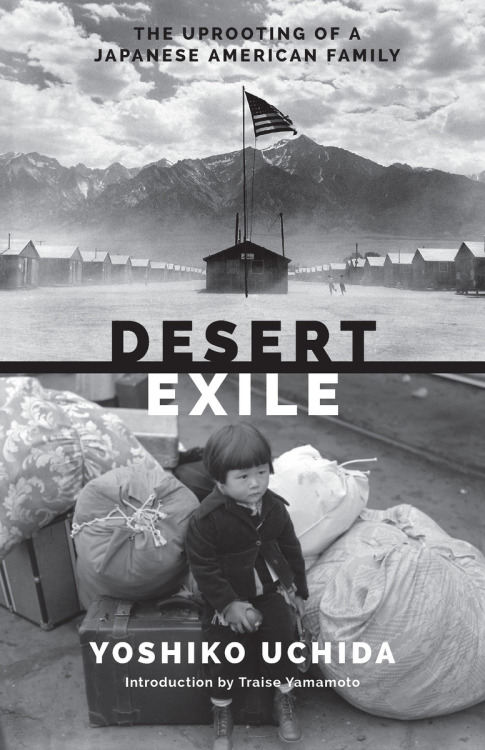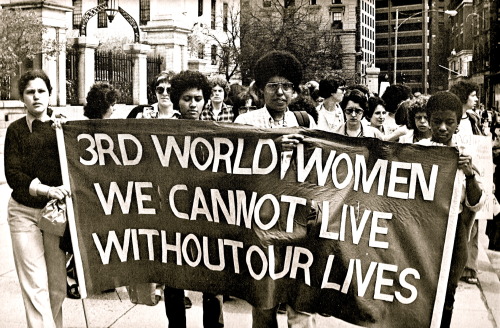#japanese american
Today is the 80th anniversary of Franklin D. Roosevelt signing executive order 9066, and creating one of the darkest moments in American history. Upon its signing, over 100,000 Japanese Americans were denied their freedoms and due process. People like my grandparents and great grandparents were denied due process and their freedom, and forced to leave the lives that they fought so hard to create in this country. They would be forced at gunpoint into racetracks and fairgrounds, and finally into trains and buses to Concentration Camps. I created “Gaman” to help people empathize with the plight that so many were forced into by their government, and to start a conversation about this often hidden moment in our history. I am releasing it publically today for everyone to enjoy, and to hopefully inspire those who watch it to look into this history so that we may never repeat it again. Follow the link below to watch my film:https://youtu.be/Vu_RsjR0iy8
Post link
Occurring during the summer, the Nikkei Community Internship is a paid, 8-week, full-time internship experience designed to help you make your mark in the community.
Design and implement impactful projects, meet community leaders and build your legacy by helping to shape our community’s future in the NCI program.
Program Start: June 15, 2015
Program Finish: August 7, 2015
*NCI is an 8-week program. Requires two overnight commitments on June 15-16 and August 6-7.
Each intern will receive a $2,000 incentive upon completion of the program.
*There is no cost or application fee to participate in NCI.
Interns are placed at a variety of locations across the Greater Los Angeles area. Placement varies based on organizational placement.
March 14 Deadline
http://www.kizuna-la.org/programs/nikkei-community-internship-2/
The chef Niki Nakayama, and her wife and collaborator, Carole Iida, are two of a small number of female chefs in a high-end Japanese culinary landscape that is virtually dominated by men. Nakayama’s restaurant has become a highly coveted reservation in L.A, with tables booked out three months in advance.
Post link
We found this when we were going through my grandma’s photos (after she passed away on April 29, 2012 at the age of 98). It’s taken in Los Angeles. I forgot about this photo but it’s one of my favorites. It was taken in the 1930s and the dress was likely made by my grandma, like a lot of her clothes.
Submitted by Cheryl Motoyama (Santa Ana, California).
Post link
Japanese Women on Twitter: We do not like being treated like shit or being objectified and face terrible sexism every day
Mixed Race Japanese People: *translate these messages directly from Japanese women so everyone can understand*
Western Men: Wow stop trying to force your culture on Japan. Women love being treated like shit there I saw it on anime.
A Japanese American couple had to leave their dog, King behind during mass removal since pets were not allowed in the concentration camps, 1942
Post link
Evacuee Property

In remembrance of Executive Order 9066, signed this day in 1942 by President Franklin D. Roosevelt, we share a passionate letter written by 25 year-old Yoshio Nakada. Nakada was removed from his citrus ranch near Asuza, California, as a result of the creation of military exclusion areas along the west coast of the United States. Nakada and his family were removed to the Los Angeles County fairgrounds, and later sent to Heart Mountain Relocation Center in Wyoming. Relocatees could only take what they could carry, and much of their property was subsequently sold at auction. The U.S. Department of Agriculture War Board for Los Angeles County wrote to Mr. Nakada encouraging him to sell his idle farm equipment rather than letting it go to auction. This letter is his response.
The full text of E.O. 9066 is available on archives.gov
To learn more about the Japanese American experience, visit the Japanese American National Museum.
Post link
remembering richard aoki, born 76 years ago on november 20, 1938.
he died on march 15, 2009, which the autopsy report stated was of “a self-inflicted [gun shot wound] to the abdomen [diaphragm].
lauded as the only asian american member of the black panthers, richard played a major role in the ethnic studies and third world liberation front strikes in 1968.
however, on august 20, 2012, when journalist seth rosenfeld revealed FBI files that proved richard once served as an informant, the community was forced to reexamine richard’s glorious legacy. to this day, there are more questions than answers, and there will continue to be questions that cannot be answered by richard himself.
read more about the controversy:
- seth rosenfeld’s report revealing richard aoki was former FBI informant
- hardboiled oct. 2012 issue featuring a spread analyzing the controversy
- hyphen’s 4-part series on richard aoki’s life and the community’s take on his work (1,2,3,4)
- hyphen’s timeline of richard aoki’s life
- tamara k. nopper’s thought-provoking article delving into the complications behind why richard aoki couldn’t have been an informant
Post link
“Some people aren’t going to know they’ll miss us until we’re gone.”
– Michael Komai, publisher of Rafu Shimpo
For 113 years, the Rafu Shimpo newspaper has endured. It has devotedly told the story of the Japanese American community in Southern California.
It even survived World War II, despite its writers and editors being forced into incarceration camps. Eldest son Akira Komai took over the paper when his father, Toyosaku Komai, was arrested by the FBI with others labeled “enemy aliens” hours after Japanese planes bombed Pearl Harbor. Just before he, too, was forced to go, Akira hid the newspaper’s Japanese lead type in hopes that the Rafu could one day restart.

Below, you can see the last issue published before they left. There’s a letter to readers on the front page in that April 4, 1942 issue, headlined, “We’ll meet again.” On Jan. 1, 1946, the paper resumed publishing.

Now, there’s one force it might not survive: the economy.
The paper has lost $750,000 over the last three years, and it’s expected to lose $350,000 this year.
Now if the paper doesn’t raise about $500,000 in revenue — by more than doubling its subscribers — it could close in December. This would be the end of one of the last English-Japanese dailies in the U.S. – and the oldest. Rafu Shimpo which literally means Los Angeles newspaper, started in 1903 as a mimeographed sheet put together by three USC students.
To this day, only the Rafu covers every single summer Obon festival, the annual Nisei Week celebration in Little Tokyo, and numerous community events from awards dinners to bazaars. It marks the triumphs and transitions of Japanese Americans in our area, from graduations to deaths.

“Those kind of successes in the community are only going to be here,” said Gwen Muranaka, the paper’s English editor-in-chief.
Times’ reporter Samantha Masunaga recently wrote about the paper’s plight. You can learn more about the community’s response so far and see other front pages in her story.
Photos by Los Angeles Times
Post link

Congrats to Far East Movement for charting on Billboard with their new album, Identity, now available on iTunes,Spotify,Google PlayandAmazon.
THANK U!! our first indie release thru our own company @transparentfeedon@billboard
viaTwitter@fareastmovement
Desert Exile: The Uprooting of a Japanese American Family
After the attack on Pearl Harbor, everything changed for Yoshiko Uchida. Desert Exile is her autobiographical account of life before and during World War II. The book does more than relate the day-to-day experience of living in stalls at the Tanforan Racetrack, the assembly center just south of San Francisco, and in the Topaz, Utah, internment camp. It tells the story of the courage and strength displayed by those who were interned.
Yoshiko Uchida (1921-92) was born in Berkeley, California, and was in her senior year at the University of California, Berkeley, when Japanese Americans on the West Coast were rounded up and interned. Traise Yamamoto is associate professor of English at the University of California, Riverside. She is the author of Masking Selves, Making Subjects: Japanese American Women, Identity, and the Body.
Post link

by KARIN CHAN
A Chicago-based nonprofit founded by a Korean American independent filmmaker and producer has been awarded a $160,000 grant to create a 20-minute dramatic narrative about the Japanese American internment experience during World War II.
The Orange Story: An American Tale, a production of Full Spectrum Features founded by Eugene Sun Park, chronicles the so-called “day of removal” in 1942 following an order authorizing the forced relocation of 120,000 ethnic Japanese from their homes.
The grant is part of the National Park Service’s efforts to preserve the stories and sites of Japanese American internment; this year, a total $2.8 million has been awarded to fund a range of projects.

In a phone interview with KoreAm, Park said the film, directed by Erika Street, is the first phase of a three-year project that will also include an educational website featuring five different short films and personal stories about the Japanese internment through the use of multimedia.
Park, 37, was born in Michigan but moved with his family to New Jersey when he was 5. He grew up in a school district where he was one of only a few Asian Americans. Even at a young age, Park was aware of his outsider status.
“My family stood out,” he recalls. “I don’t remember how many times people referred to me as ‘the nice Chinese boy.’ This was the ’80s—the words ‘Chinese’ and ‘Asian’ were synonymous. My sense of being Asian American or Korean American was a point of embarrassment rather than filling me with any sense of pride. Like most kids, I just wanted to fit in.”
Read full article here.
There is a saying in Japanese: fall down seven times, get up eight times. I think Yuri Kochiyama did that. Through racism, sexism, Japanese American internment, government harassment and surveillance, and the loss of friends, she lived her convictions. She loved and worked across the usual racial and religious boundaries.
Yuri Kochiyama matters to me, because she engaged in cross-racial organizing for radical causes. She did not fit the usual cultural narrative. Civil rights aren’t just for whites or Latin@s or African Americans or Native Americans or Asian Americans or Pacific Islanders. We needed her because she was holding our country accountable for its actions. We needed her because she upended convention in favor of human rights.
The Rev. Laura Mariko Cheifetz is the executive director of Church & Public Relations at the Presbyterian Publishing Corporation and a 4th generation Japanese American.
Back when I was in college, we were all buzzed that Yuri and Bill Kochiyama came to us, giving strength to our cause in getting an Asian American studies class on campus and on forming an Asian group whose sole purpose wasn’t just to throw parties. They had both just come back fresh from testifying to Congress about Japanese American redress and it was mind-blowing to learn about the internment first-hand. Yuri and Bill always had time for young people, in their home and in their hearts. Later, when I was trying to write a profile about Yuri for a Hawaiian newspaper, I was a little frustrated because she refused to talk about herself, her individual experience. She would talk about people and movements and the inevitable triumph of justice. Rarely would she reflect on the young woman who went by “Mary” and how that young woman grew up to move mountains. A few years after that, I had the sad duty to write about Bill’s life when he passed away. I remember the ceremony and the gathering of people from all backgrounds coming together to celebrate the man. Now two decades later, Yuri and Bill are back together. Some people will point out Yuri’s strengths. But I will always remember her one adorable weakness. She and Bill kept a room full of teddy bears. She loved them.
Ed Lin is a New York-based writer.
We’re celebrating Margo Okazawa Rey this Black History Month! Margo was a founding member of the influential Black feminist organization, Combahee River Collective.
Created in 1974, the Combahee River Collective was instrumental in calling out “interlocking oppressions” - a way to name how sexism, racism, homophobia, and capitalism together impacted Black women’s lives. Collective members resisted racism in the mainstream feminist movement as well as sexism in Black liberation movements. Their work helped pave the way for future social justice activism, including Black Lives Matter.
Read Combahee River Collective’s statement here.

Margo is among the first generation of mixed race children born to a Japanese mother and an African American soldier. This experience has influenced her to fight militarism - in East Asia, Guam, Palestine, and beyond - as a scholar and activist. Thank you for your incredible work and contributions, Margo!

Post link
I am currently producing an animated short film titled DRAGONFLY. It’s about the Tokyo Firebombing of March 9-10, 1945 and is inspired by the little known lives of my maternal grandparents.
I am crowdfunding for the project on Seed & Spark from Oct. 13-Nov. 11, 2020 at www.dragonflyshortfilm.com!
Please check it out and FOLLOW! You can follow the project w/o contributing financially and it’ll still help us out by making us eligible for special perks and services.
I know it’s been a tough year (putting it lightly). I’ve been dealing with unemployment and leaving the city while raising a new baby! So I get that it’s not a great time to be supporting creative projects right now. But I decided that staying creative is one of the few things that keeps me going right now and I would love for you to join me in this project if you can! Thank you!!!

